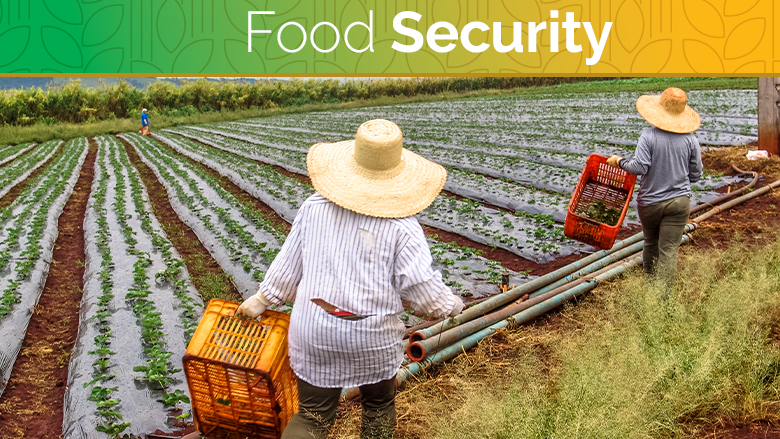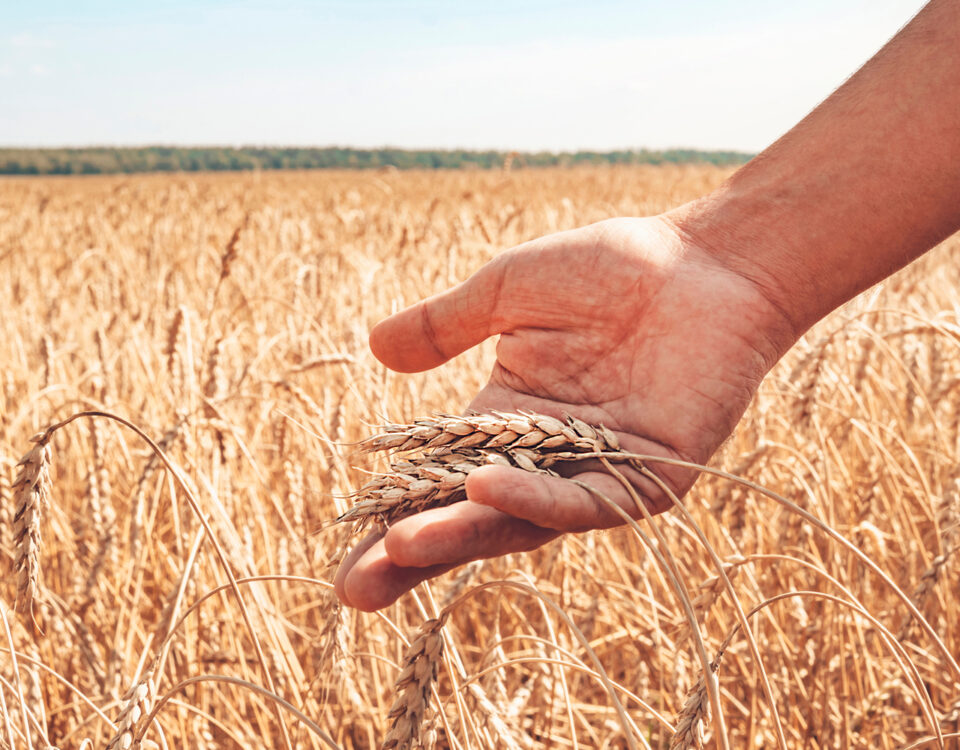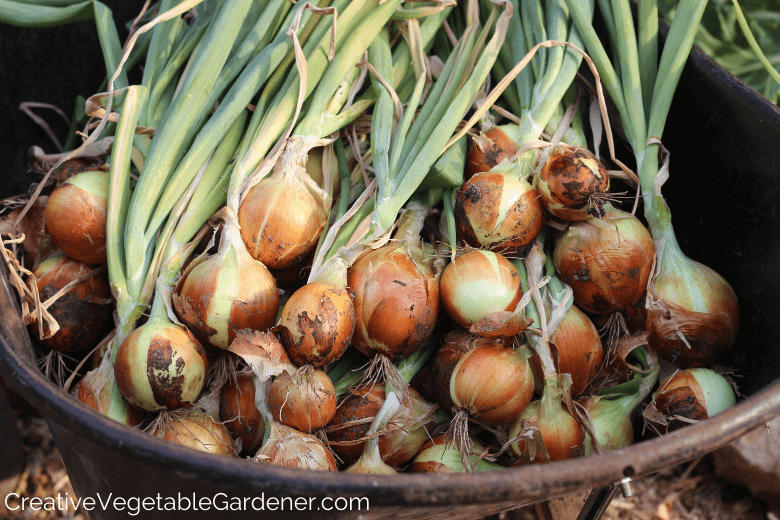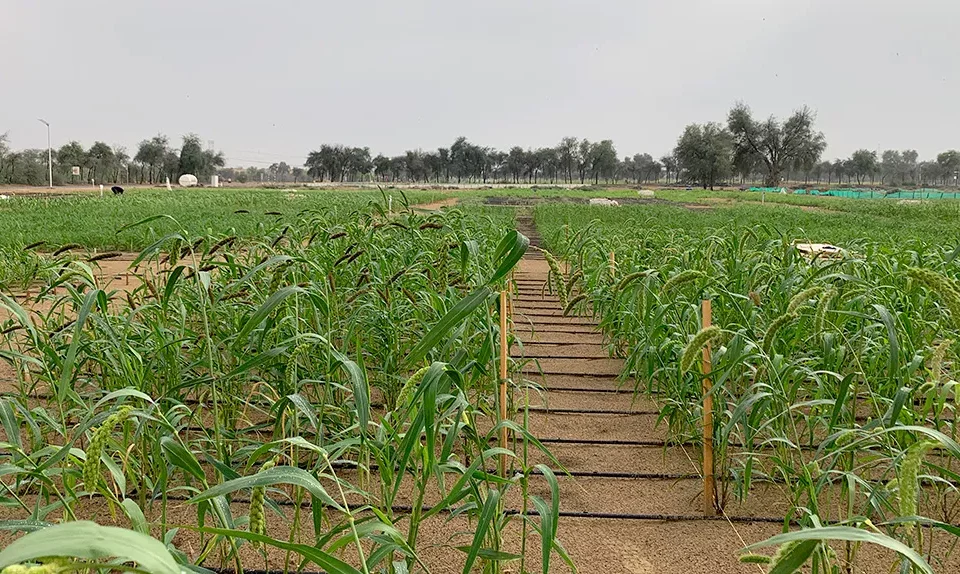
How to Implement Sustainable Irrigation Techniques
July 30, 2024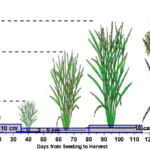
Water Needs of Rice Plants Throughout Their Growth Stages
July 31, 2024Agriculture plays an important role in ensuring global food security by providing the food that feeds the world. It forms the basis for a stable and sustainable food supply. As the global population continues to grow, the demand for food increases, making efficient and effective agricultural practices imperative. This blog explores how agriculture contributes to food security, the challenges it faces, and potential solutions to increase its impact.
Agriculture as the Backbone of Food Production
Agriculture is the main source of food production from which food comes. It supplies essential crops, with livestock and fisheries being particularly important. It is the backbone of rural economies, providing employment and livelihoods to millions of people around the world. Agriculture ensures a constant supply of food staples by growing a variety of crops and raising animals. These staples include grains, vegetables, fruits, meat, and dairy products. They are essential for a balanced diet and overall health. With which food is an important part.
Challenges Facing Agricultural Food Production
Despite its importance, agriculture faces many challenges that threaten food security. Agriculture is an important sector from which a portion of food is produced. Climate change is one of the most important issues affecting crops. It causes unpredictable weather patterns, droughts, and floods that can destroy crops and reduce productivity. Additionally, soil erosion, water scarcity, and insects pose significant threats to agricultural production, leading to good yields. These challenges require innovative solutions and sustainable approaches to ensure that agriculture can continue to meet the growing demand for food.
Innovations and Sustainable Practices
To meet these challenges, the agricultural sector is rapidly adopting innovative technologies and sustainable practices that will provide good food to keep people happy around the world. Precision agriculture, which uses data and technology to optimize planting, irrigation and harvesting, helps farmers increase efficiency and reduce waste. Sustainable farming practices, such as crop rotation, organic farming, and crop protection, improve soil health and reduce environmental impact. These advances not only improve productivity but also contribute to long-term food security by increasing flexibility and sustainability.

Conclusion
Agriculture is undeniably important to global food security as it sustains the world’s natural systems, providing the resources needed to feed the world’s population. By understanding the challenges and adopting innovative solutions, we can ensure that agriculture continues to thrive and support sustainable and secure food systems. A concerted effort from governments, organizations and individuals is necessary to promote sustainable agricultural practices and to address key issues facing the sector. Through these efforts to build a better system, we can work toward a future where everyone has access to sufficient, safe, and nutritious food.
Agriculture is important for global Food Security, with which agriculture can give good production, food supply will be provided, which will not cause shortage of food.


